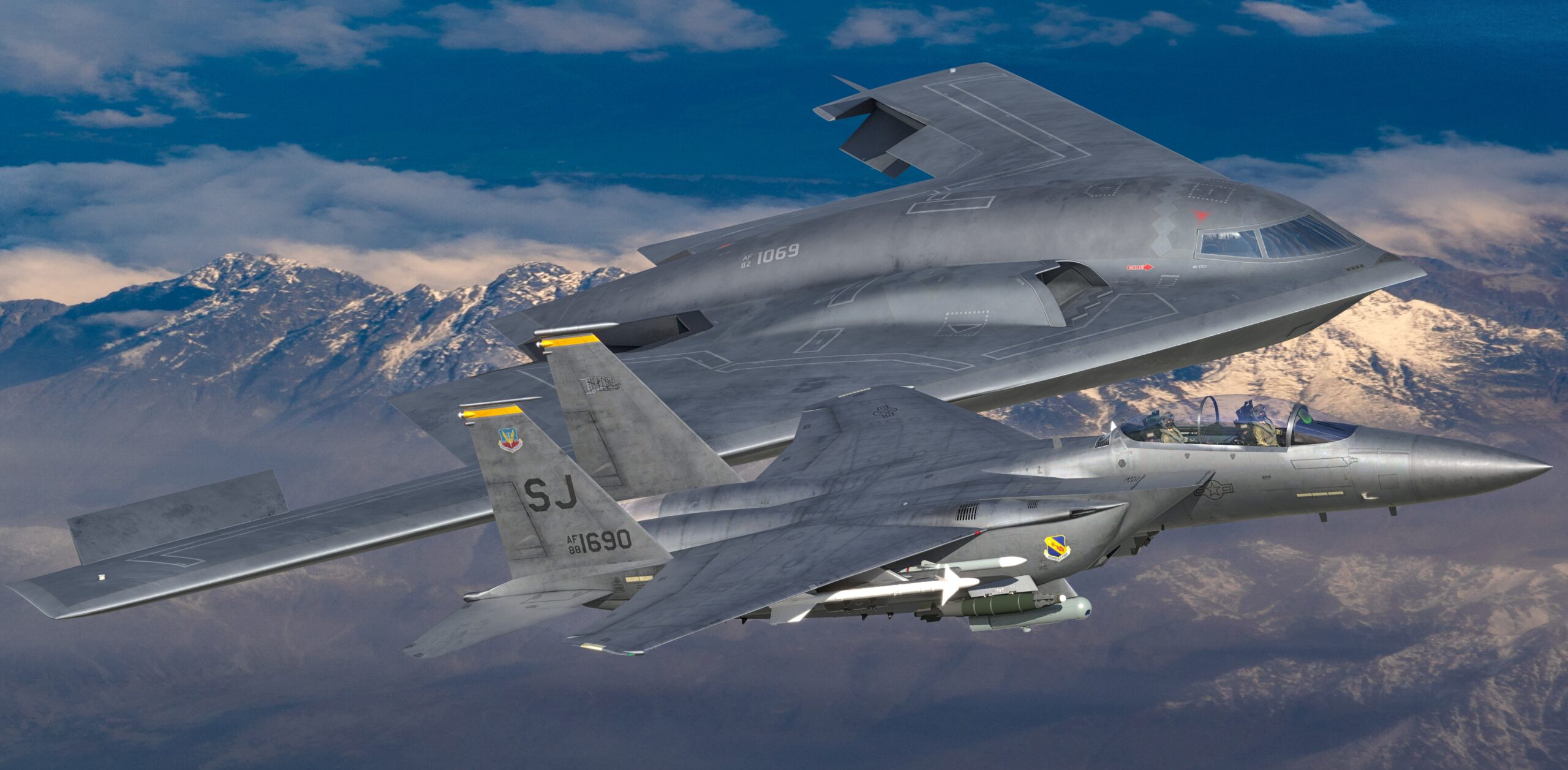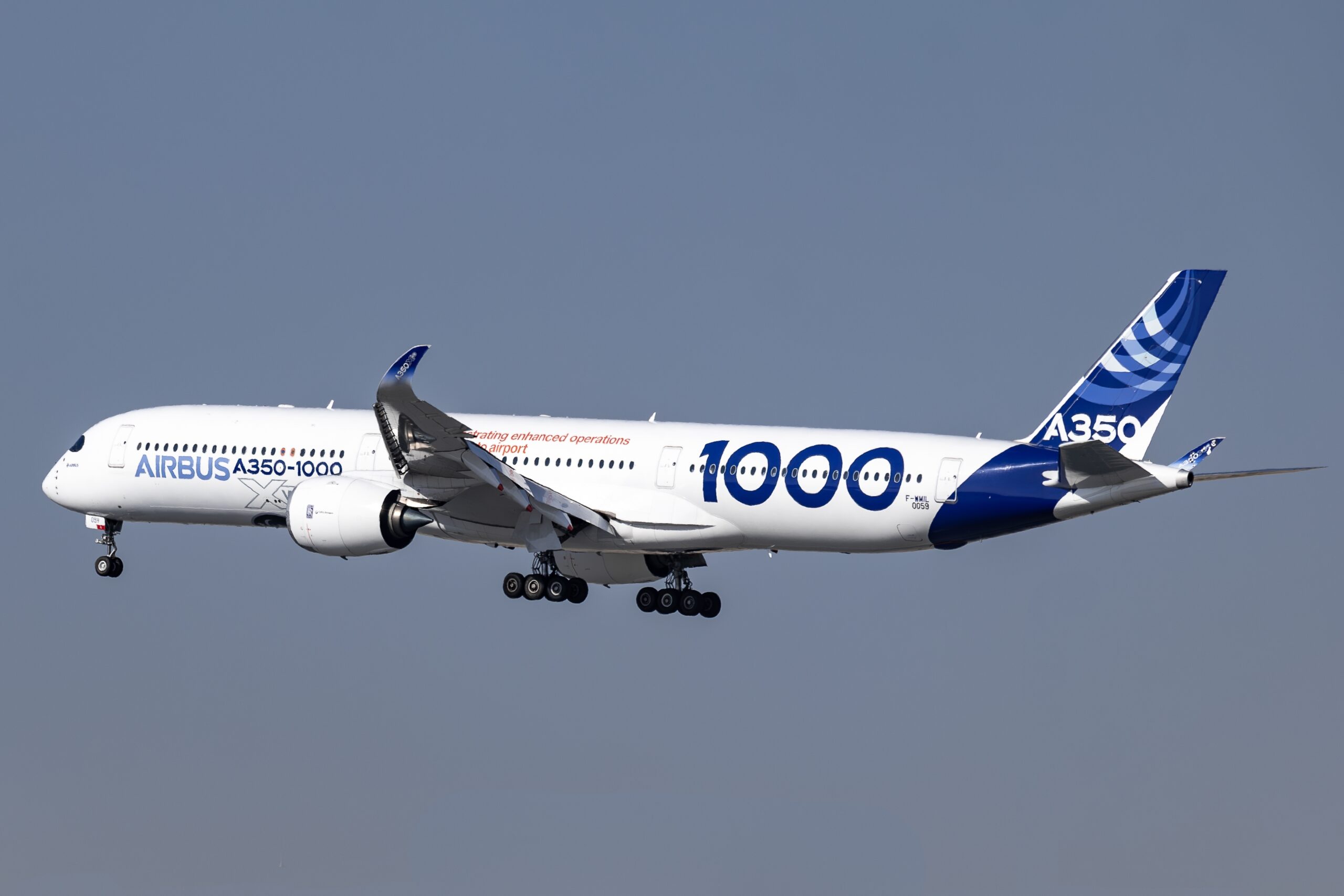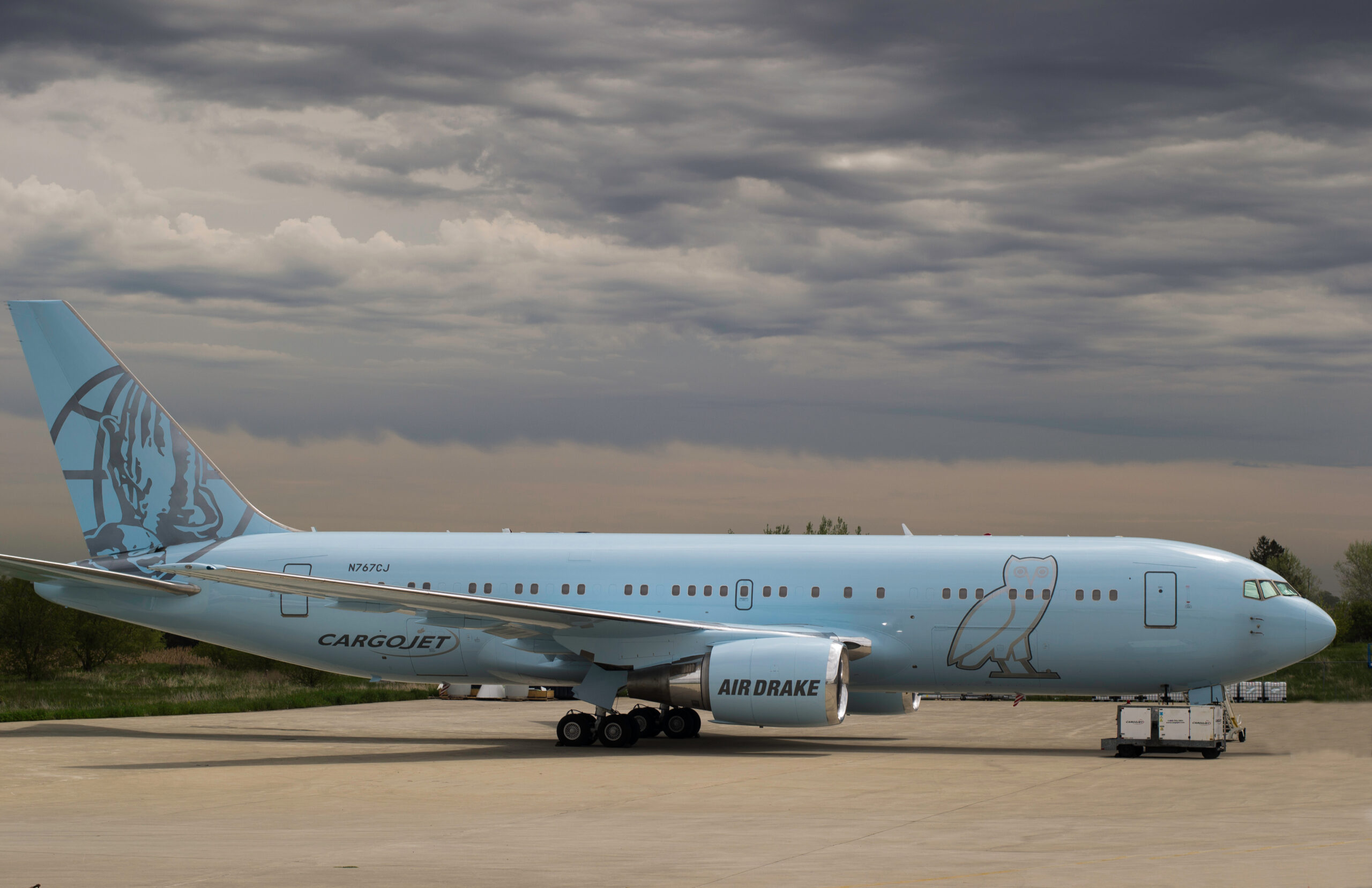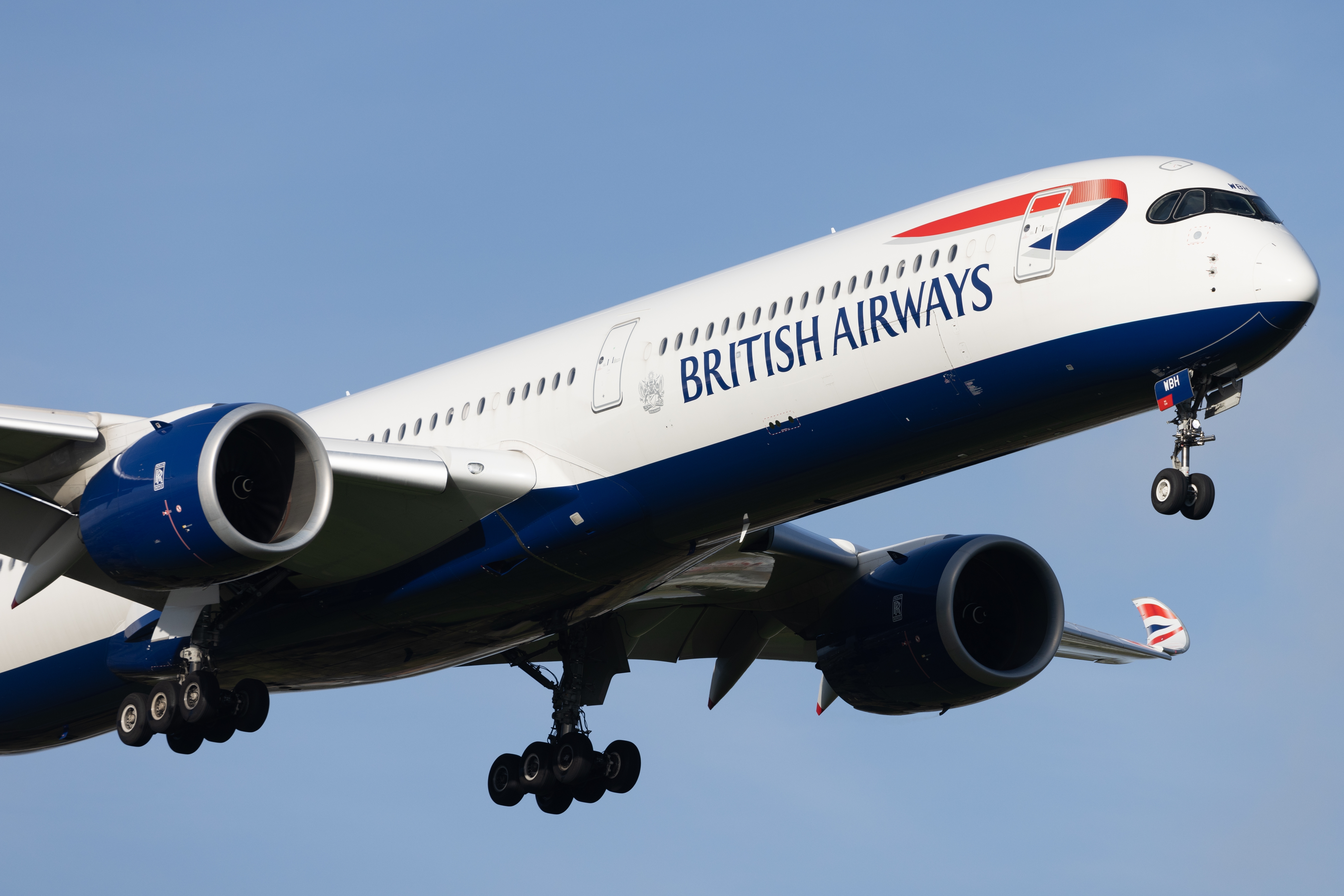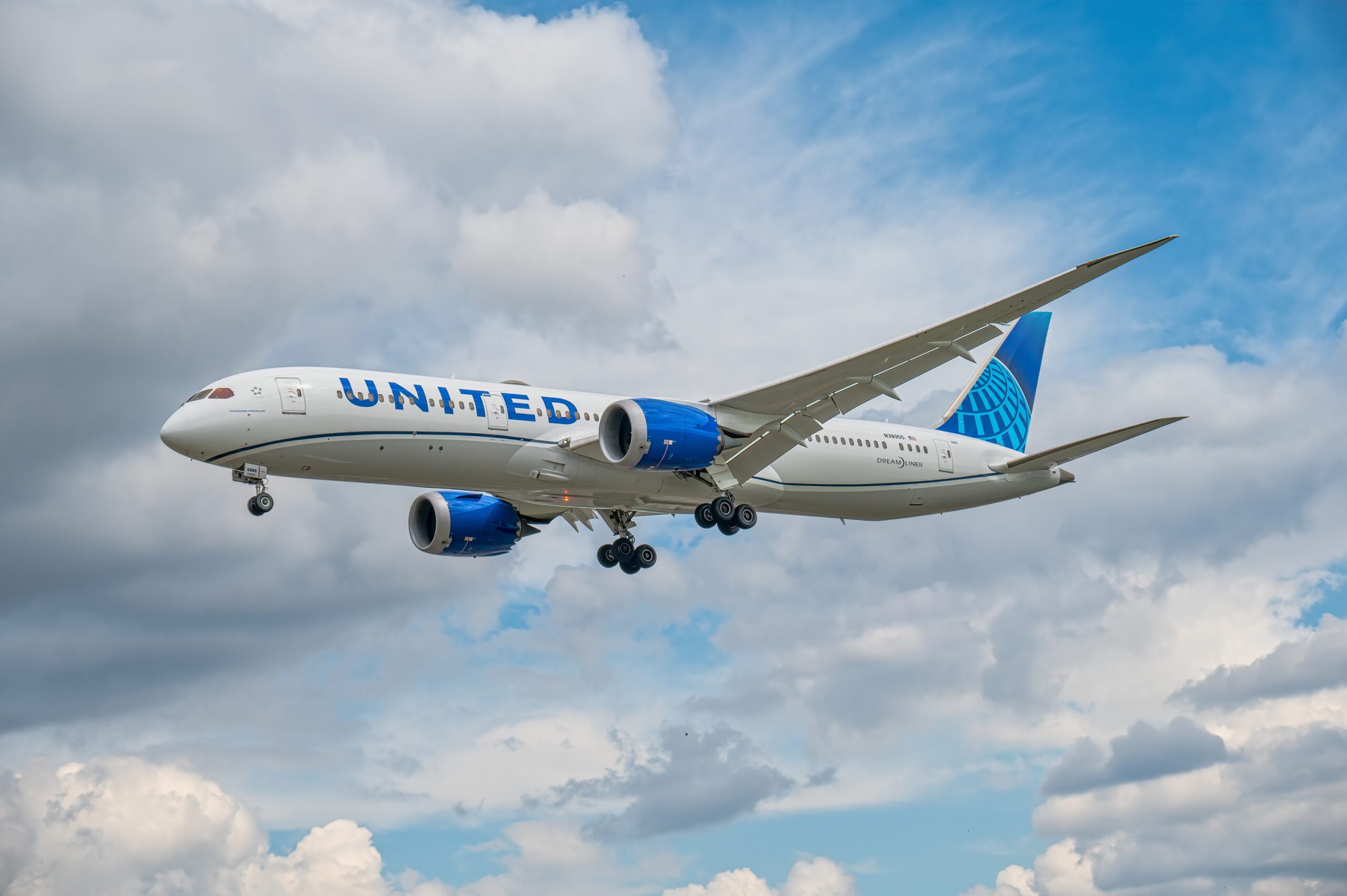Lynx Air: An Emerging Player in Canada’s Aviation Market
Lynx Air, a relatively new entrant in the Canadian aviation industry, has been making considerable strides since its inception. Originally known as Enerjet, an Alberta-based charter airline, the company rebranded itself in 2021. The rebranding wasn’t just a change of name but marked a significant shift in business strategy and operations.
History and Background
Enerjet launched in 2006, primarily serving the oil and gas sector in Alberta. Over the years, the airline recognized the need for a low-cost carrier that could cater to the general public. Thus, Lynx Air was born. The company’s headquarters are in Calgary, Alberta, and it aims to serve various Canadian destinations with low fares and straightforward services.
Fleet and Destinations
Lynx Air operates a fleet of new Boeing 737 MAX aircraft. These planes are known for their fuel efficiency and lower operational costs, which align with Lynx Air’s low-cost carrier model. Initially, the airline focused on major Canadian cities like Vancouver, Toronto, and Calgary. Over time, it aims to expand its route network to include more domestic and international destinations.
Business Model
Adopting a low-cost carrier model means Lynx Air focuses on reducing operational costs while providing essential services. The airline offers competitive base fares but charges for add-ons like checked baggage, seat selection, and in-flight meals. This model allows passengers to customize their travel experience based on their needs and budget.
Customer Experience
Lynx Air aims to offer a balanced travel experience. While the airline cuts down on luxury offerings, it ensures that critical aspects such as safety, punctuality, and customer service meet high standards. Passengers have access to a clean and comfortable cabin environment, friendly staff, and efficient check-in processes.
Competitive Landscape
The Canadian airline market is competitive, with established players like Air Canada and WestJet dominating the scene. However, Lynx Air’s low-cost model sets it apart. By offering lower fares, the airline appeals to price-sensitive travelers who might otherwise opt for ground transportation or not travel at all. Lynx Air also stands out by focusing on underserved routes, thereby filling gaps in the market.
Financial Viability
Sustaining a low-cost airline is challenging. Lynx Air has adopted various strategies to ensure financial stability. These include maintaining a modern, fuel-efficient fleet, optimizing routes, and keeping overhead costs low. Additionally, the airline has secured financial backing from investors who believe in its growth potential.
Environmental Considerations
Lynx Air places a strong emphasis on sustainability. The Boeing 737 MAX aircraft in its fleet are designed to reduce carbon emissions and fuel consumption. The airline also explores ways to minimize its environmental footprint through efficient operations and by partnering with organizations focused on sustainability in aviation.
Technological Integration
Embracing technology is vital for Lynx Air. The airline employs advanced reservation systems that allow for seamless booking experiences. Mobile apps and online platforms enable passengers to manage their bookings, check-in, and access customer support easily. These technologies enhance convenience and improve overall customer satisfaction.
Partnerships and Alliances
Lynx Air’s growth strategy involves forming strategic partnerships and alliances. These collaborations help the airline expand its network, offer competitive fares, and provide additional services to passengers. By aligning with other carriers and stakeholders in the industry, Lynx Air aims to enhance its market presence.
Future Prospects
Lynx Air has ambitious plans for the future. Expansion of its route network, fleet growth, and continuous improvement in services are on the agenda. The airline also looks to tap into international markets and explore potential hubs outside Canada. Its long-term vision includes becoming a significant player in the global aviation industry.
The journey of Lynx Air highlights a dynamic shift in the airline industry. By focusing on cost-efficiency, customer satisfaction, and sustainability, Lynx Air is carving out its niche in a competitive market. The airline’s continued success will depend on its ability to adapt, innovate, and meet the evolving needs of travelers.

